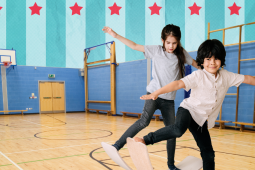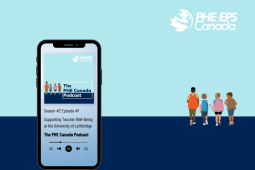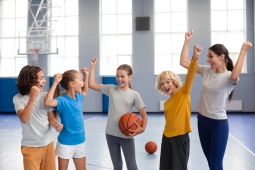ReBOOT Intramurals - A For Youth, By Youth Intramural Program
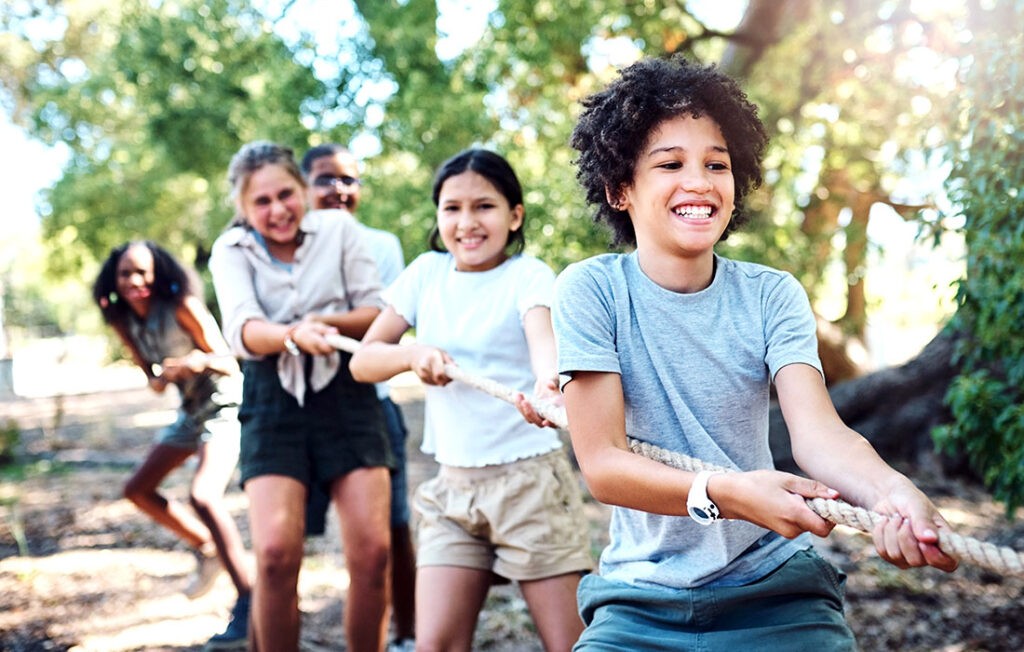
Intramurals are designed to be fun, inclusive, and an open platform for young people to shake up their day. It provides a unique opportunity in the school day, outside of instructional class time, to get children and youth engaged and excited about participating in physical activity.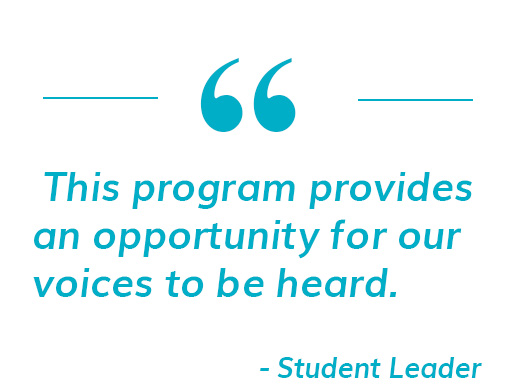
ReBOOT Intramurals is a program that targets youth with low rates of physical activity and sport participation. It is designed to facilitate youth engagement and leadership by giving a voice to youth in the planning and implementation of an intramural program that fits the unique needs of students at their school. Rooted in the principles of equity, inclusion, and the right to play, the program supports all interested schools and student populations.
For this particular project, the focus was on young women and girls who are disengaged from physical activity and sport. PHE Canada worked with 4 schools to implement the pilot project with almost 500 young women and girls being engaged in physical activity and sport.
As a result of the program, the following outcomes were observed at the participating schools:
-
Increased physical activity levels at recess/lunch breaks
-
Reduced sedentary behaviour during school hours
-
Reduced barriers to sport and physical activity at recess/lunch breaks
-
Increased enjoyment of physical activity during recess/lunch breaks
We encourage more schools to ReBOOT their intramural programming to eliminate barriers and increase participation rates. For resources to support the implementation of ReBOOT Intramurals, click here.






